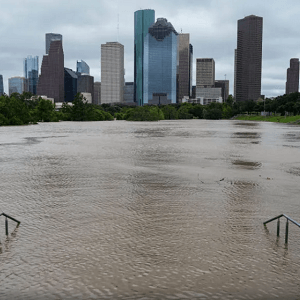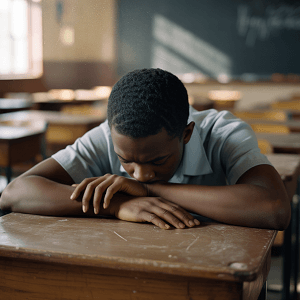Hurricane Beryl, initially a Category 5 storm, has left a trail of destruction predominantly affecting Black communities across the Caribbean and the US Gulf Coast. After making landfall in Houston, Texas as a Category 1 hurricane, Beryl has left more than 2.3 million homes and businesses without power and caused extensive flooding, with some areas receiving up to 10 inches of rain.
The storm’s path disproportionately impacted areas with significant Black populations, starting with Grenada on July 1 and cutting across Caribbean nations before reaching the US. In Jamaica, Beryl became the strongest hurricane to ever hit the island, leaving nearly all of Kingston’s 1.24 million residents without power.
Climate experts and leaders from affected nations have expressed frustration at the lack of action from major greenhouse gas emitters. Rueanna Haynes, a climate negotiator from Trinidad and Tobago, voiced her anger on Twitter, recalling her plea at COP 21 in Paris to keep global warming below 1.5 degrees Celsius.
Ralph Gonsalves, prime minister of St. Vincent and the Grenadines, criticized the discrepancy between talk and action from major polluters, particularly in providing financial aid to vulnerable countries.
The storm’s impact underscores the disproportionate risk faced by Black communities during hurricanes. Studies show that Black residents in the hurricane-prone southeast are nearly twice as likely to be affected by storms compared to white residents, highlighting persistent racial disparities in climate vulnerability.
See “Hurricane Beryl’s Path of Black Destruction” (July 8, 2024)



